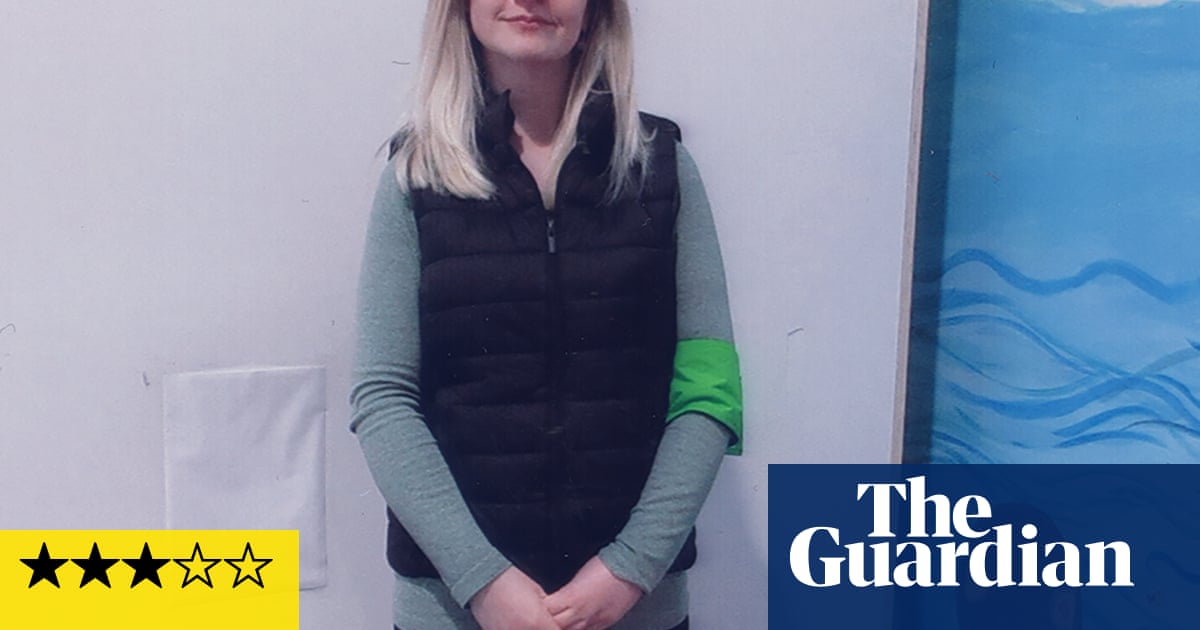Well, what doyouthink a 90-minute documentary entitled Confessions of a Parent Killer is going to be about? That’s right, well done! It’s the story of amurder by an (adult) child of her parents. Virginia – Ginny – McCullough killed her mother, Lois, and father, John, and confessed immediately to police when they raided her home in 2023 that she had done so four years previously. The twist was that she had been living with their bodies ever since. “She was weird at school,” says a childhood friend. “But not ‘kill your parents and hide the bodies’ weird.”
You can probably tell from such unimpeachably phlegmatic commentary that this case occurred in England. Great Baddow,Essex, to be exact, and the film paints a portrait of quintessential small-town, almost-rural life in these sceptred isles that has gone unchanged for generations and, you suspect, will survive for many more.
Everybody knew the family, yes. Grocer Paul; Alan, who rented John and Lois various bits of kit from his electronics shop on the high street; florists Rachel and Debbie and, of course, a number of thirtysomething women – “Ella”, Bethan, Kirsty, Lisa – knew Ginny from school. Everyone thought the family was a bit odd, yes. There were rumours that John, a university lecturer who liked a drink (“very curt, brusque”, never said goodbye to Alan after he paid his monthly rent), was relentlessly strict with his daughters and that was why they all left home as soon as they could, though Ginny kept having to come back when her various jobs left her short of cash. And Lois was strange, quiet, unsmiling, “subdued”, “withdrawn”.
Ginny was more outgoing. She started coming in instead of her mum or dad to pay Alan. Spent a lot of time and money in the florist, too, since she came back to sort the house out four or five years ago. Always full of stories (“a bit of a fantasist”, “always some drama going on”), perhaps a little needy and annoying; you can see in the descriptions of her as an adult the shadow of the bullied, friendless child Bethan et al remembered. “I don’t like my mum at all,” young Ginny once told Bethan, on whom she lavished presents that “she’d obviously just nicked from around the house” when they sat next to each other in year 2.
But, well, every community has these people, don’t they? It takes all sorts. You just accommodate them, make allowances, they don’t hurt anyone. Until. Unless. Then you look back and, you wonder, don’t you? Ginny returned the equipment to Alan in 2021 – she said her parents had moved to Clacton. People do.
It was their GP who first contacted the police, after becoming concerned that John and Lois had missed numerous appointments. It turned out that no one had seen them for years. Investigations resulted in the raid. Bodycam footage shows an unfazed Ginny assuring officers of her cooperation and telling them that her father’s body is in the sitting room. And mum? “That’s a little bit more complicated,” says Ginny, delicately. Mum is in a sleeping bag in a wardrobe upstairs, the doors taped against the flies and maggots that had been struggling to escape. “Cheer up!” she cajoles the shocked officers. “At least you caught the bad guy!”
But why did she do it? Here, the programme becomes as manipulative as any psychopath. Numerous suggestions are trailed. “Exclusive” letters (written, it seems, to one of the film-makers) from McCullough herself suggest an abused child of a mentally unwell mother and alcoholic father, who finally cracked. Some of the Great Baddowan testimonies appear to back this up. But a detective insists that she is a cold-blooded killer. A forensic psychiatrist – not the one on her case – does the intensely annoying thing of dressing up common sense as professional insight (she may have kept the bodies because she felt connected to them, or it may have been because it is so hard to dispose of corpses. Either way, it must have been “psychologically taxing”).
It is not until the final minutes that all the facts are laid before us. The new ones make it clear that psychopathy and a financial motive should have been given more weight, and that the viewer has been kept in a state of much greater uncertainty and intrigue than we would or could otherwise have been. A narrative must be shaped and an amount of storytelling leeway granted – but this goes far beyond that and taints the overall endeavour to an unpalatable extent.
Confessions of a Parent Killer is on Paramount+ now
